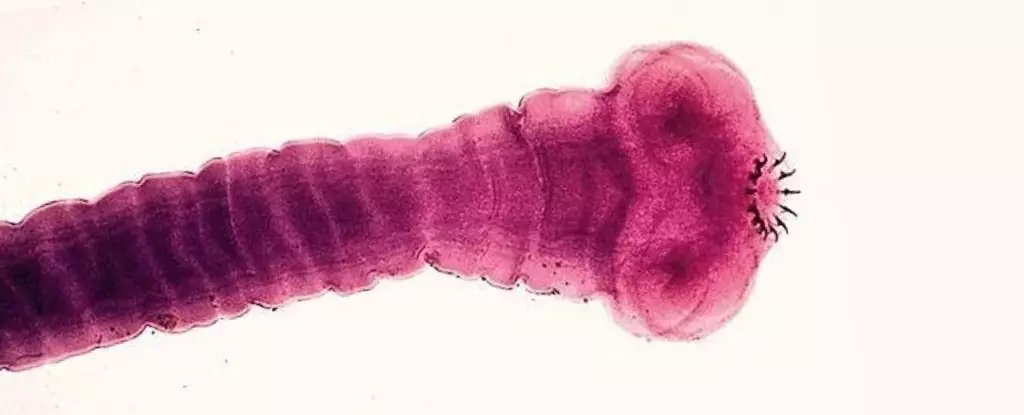A recent case involving a 52-year-old Florida man has shed light on the rare occurrence of neurocysticercosis outside of typical exposure settings. The man presented at the hospital with worsening migraines, only to discover that cysts in his brain were the root cause of his severe headaches.
Upon further investigation, doctors identified larval cysts of the pork tapeworm as the culprit behind the man’s neurocysticercosis. This condition is typically associated with poor sanitation and exposure to infected pork, factors that seemed unlikely in this particular case.
The patient’s history revealed a love for undercooked bacon, which could have led to a tapeworm infection known as taeniasis. However, the presence of cysts in his brain raised questions about how the infection occurred. The authors speculate that autoinfection may have occurred due to improper handwashing after contracting taeniasis.
Neurocysticercosis can have severe consequences, with up to 80 percent of cases experiencing seizures. Depending on the location of the cysts in the brain, symptoms can vary from mild to profound, including neurological deficits, increased pressure in the skull, and cognitive decline.
In this particular case, the patient was treated with anti-parasitic and anti-inflammatory medications, leading to the clearance of the brain cysts and resolution of his headaches. The successful treatment highlights the importance of early diagnosis and intervention in cases of neurocysticercosis.
The unexpected diagnosis of neurocysticercosis in the US raises concerns about the potential sources of infection. The authors emphasize the rarity of infected pork in the country and the public health implications of this case.
The case of neurocysticercosis in the Florida man serves as a reminder of the importance of proper food preparation and hygiene practices in preventing parasitic infections. It also underscores the need for increased awareness and vigilance in diagnosing and treating rare conditions like neurocysticercosis.


Leave a Reply